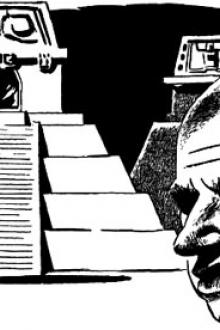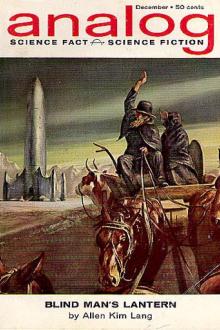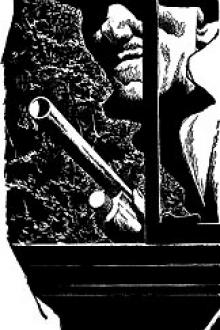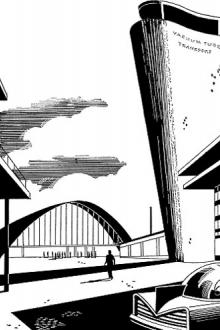Adaptation
Book Excerpt
Natt Roberts was being stubborn. "But still, a few would carry the torch of knowledge."
Plekhanov nodded ponderously. "For a while. But then comes the reaction against these nonconformists, these crackpots who, by spending time at books, fail to carry their share of the load. One day they wake up to find themselves expelled from the group--if not knocked over the head."
* * * * *
Joe Chessman had been following Plekhanov's argument. He said dourly, "But finally the group conquers its environment to the point where a minimum of leisure is available again. Not for everybody, of course."
Amschel Mayer bounced back into the discussion. "Enter the priest, enter the war lord. Enter the smart operator who talks or fights himself into a position where he's free from drudgery."
Joe Chessman said reasonably, "If you don't have the man with leisure, society stagnates. Somebody has
Editor's choice
(view all)Popular books in Fiction and Literature, Science Fiction
Readers reviews
Considering the novella covered 50 years, it moved along well and held my interest. The rabbit(s) out of the hat ending was a little too tidy. It is workmanlike, but not sophisticated science fiction: the stuff I ate up as an early teenager.
- Upvote (0)
- Downvote (0)

 Free Download
Free Download

































